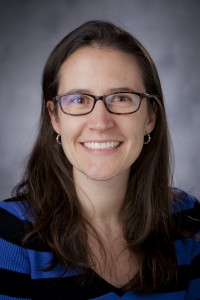Description:
There is growing recognition that traditional substance use disorder treatment is not well suited to most women. Research shows that models of care that incorporate an awareness of the unique experience of women and provide integrated care to address comorbidities can improve engagement and outcomes. In this workshop, Andrea Winkler will introduce concepts from gender-responsive treatment as it applies to women who suffer from substance use disorders and any comorbidities. Participants will become more familiar with concepts and strategies that will increase success in recovery. They will also leave with a deeper understanding of their personal process in working with women, the need for gender responsive treatment, and tools for providing care to women that suffer from addictive disorders. Support for application of gender responsive treatment components in mental health practices will also be provided.
Trainer: Andrea Winkler, LCSW, LCAS
Andrea Winkler’s interest in gender and trauma related issues began as an undergraduate at James Madison University where she received her Bachelor’s Degree in Interdisciplinary Social Science. She moved to North Carolina in 2005 to work with adolescent females in a wilderness setting and was inspired to pursue her M.S.W. at UNC-Chapel Hill. While at UNC, she also completed the Certificate in Substance Abuse Studies. Ms. Winkler spent five years employed by the Duke Family Care Program, providing outpatient substance abuse treatment to pregnant and parenting women. She currently works in the Duke Psychiatric Outpatient Clinic specializing in mental health assessment and brief therapy. In 2010 she began designing training on gender and trauma related issues and has since provided full-day workshops, talks, and webinars on these topics for mental health providers in the area and nationally.
Printable handouts: 3 slides per page || 6 slides per page || reference list
Clinical Lecture Series at the University of North Carolina at Chapel Hill School of Social Work